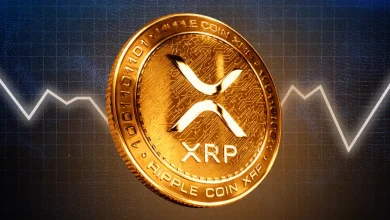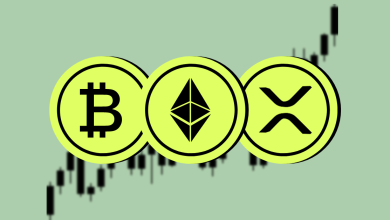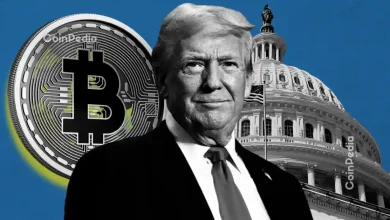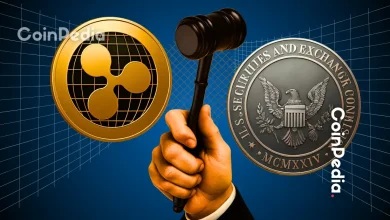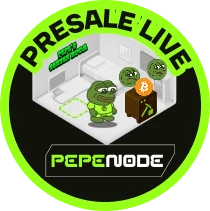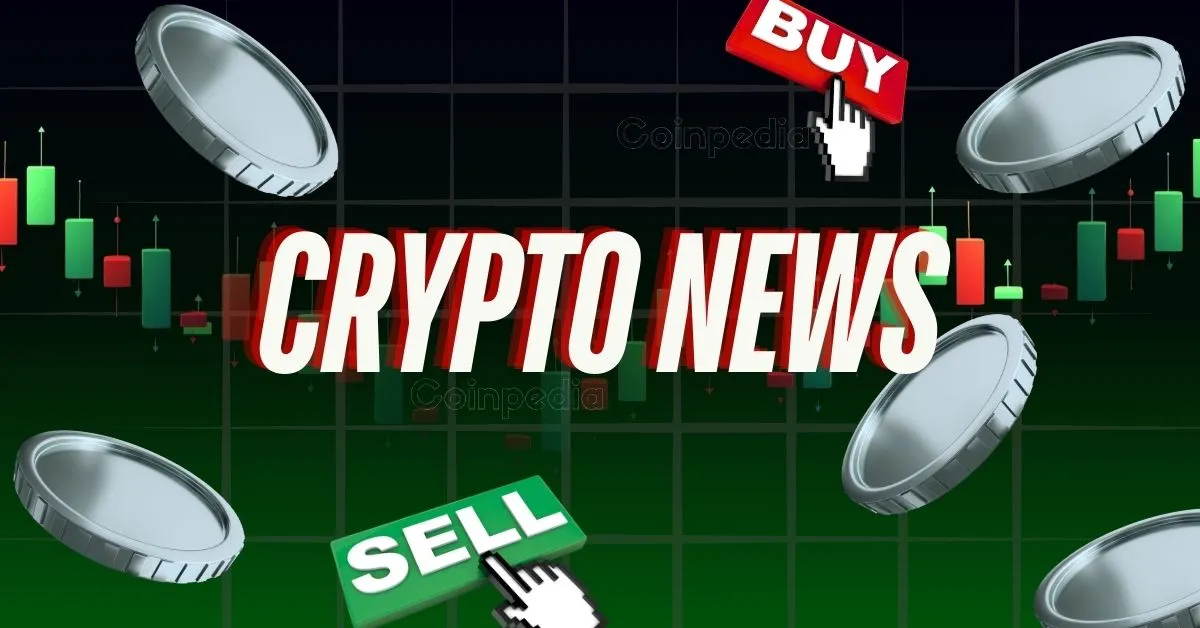
ChatGPT said: ESMA warns many tokenized stocks mislead investors by lacking real shareholder rights.
The global tokenized assets market has surged to $600B, with Europe leading in adoption.
Regulators push for stricter safeguards as synthetic products spark controversy.
Europe’s top markets regulator is warning investors that some tokenized stocks may not be what they seem.
Natasha Cazenave, Executive Director of the European Securities and Markets Authority (ESMA), is raising red flags.
“Tokenization… could lead to a transformational change of our markets,” she said. “For regulators and policymakers, the priority must be to ensure that such innovation develops within a framework that safeguards investors’ interests and preserves financial stability.”
Her warning comes as the global tokenized assets market hits $600 billion, with no signs of slowing down.
“Fake Equity” Concerns
The main concern: many tokenized stock offerings aren’t actual shares. Instead, they’re often synthetic products that don’t provide shareholder rights like voting or dividends.
“If structured as synthetic claims rather than direct ownership, this can create a specific risk of investor misunderstanding,” Cazenave said.
The issue made headlines in July when Robinhood’s tokenized stock offerings of SpaceX and OpenAI drew criticism, with Elon Musk labeling the products “fake.”
Europe Leads the Tokenization Push
Europe is a growing player in tokenization. Fixed-income issuance on blockchain tripled last year to €3 billion, with Germany, France, Spain, and the European Investment Bank experimenting with digital bonds.
Meanwhile, the U.S. is ramping up its own efforts, with tokenized funds up 80% this year to $7 billion in assets under management.
Tech players are joining too – Google recently launched a ledger platform for tokenization and real-time settlement, showing it moving into the mainstream.
Testing, Sandboxes, and Next Steps
To keep pace, the EU is using its DLT Pilot Regime, a sandbox for market players to test tokenization projects under supervision. ESMA has suggested making this framework permanent and more flexible, tailoring rules to the level of risk.
Some in the crypto community argue that proper regulation could make tokenization even safer than traditional finance. As one X user wrote, “Real tokenization should enhance protections, not weaken them.”
The message is that innovation is welcome, but investor trust comes first.
Never Miss a Beat in the Crypto World!
Stay ahead with breaking news, expert analysis, and real-time updates on the latest trends in Bitcoin, altcoins, DeFi, NFTs, and more.
FAQs
They are synthetic products mimicking stocks without granting real ownership rights like voting or dividends, risking investor misunderstanding and potential losses.
The global tokenized assets market has reached $600B, with fixed-income issuance on blockchain tripling to €3B in Europe last year.
Not if properly structured. Real tokenization can enhance transparency and safety, but synthetic “fake equity” products lack traditional shareholder protections.
Trust with CoinPedia:
CoinPedia has been delivering accurate and timely cryptocurrency and blockchain updates since 2017. All content is created by our expert panel of analysts and journalists, following strict Editorial Guidelines based on E-E-A-T (Experience, Expertise, Authoritativeness, Trustworthiness). Every article is fact-checked against reputable sources to ensure accuracy, transparency, and reliability. Our review policy guarantees unbiased evaluations when recommending exchanges, platforms, or tools. We strive to provide timely updates about everything crypto & blockchain, right from startups to industry majors.
Investment Disclaimer:
All opinions and insights shared represent the author's own views on current market conditions. Please do your own research before making investment decisions. Neither the writer nor the publication assumes responsibility for your financial choices.
Sponsored and Advertisements:
Sponsored content and affiliate links may appear on our site. Advertisements are marked clearly, and our editorial content remains entirely independent from our ad partners.

